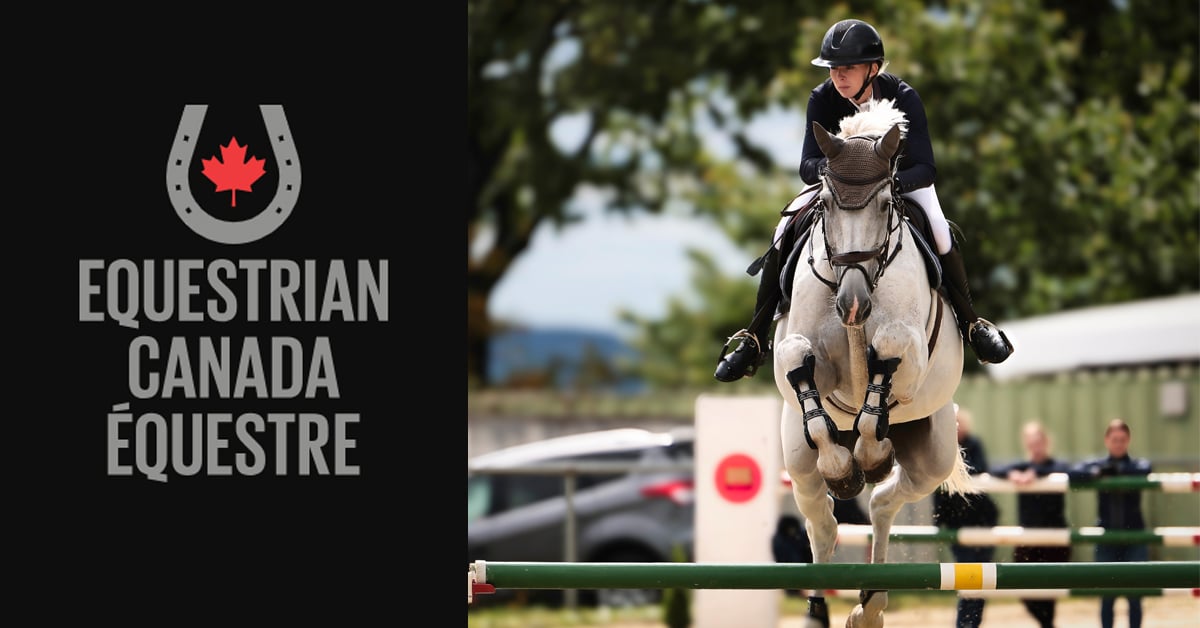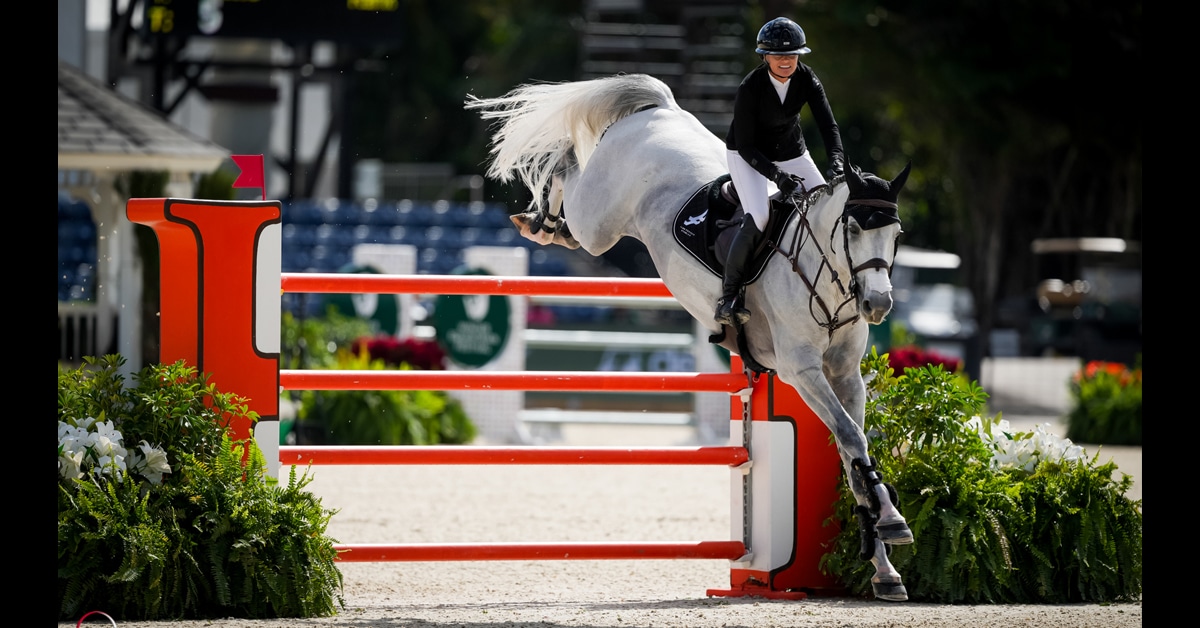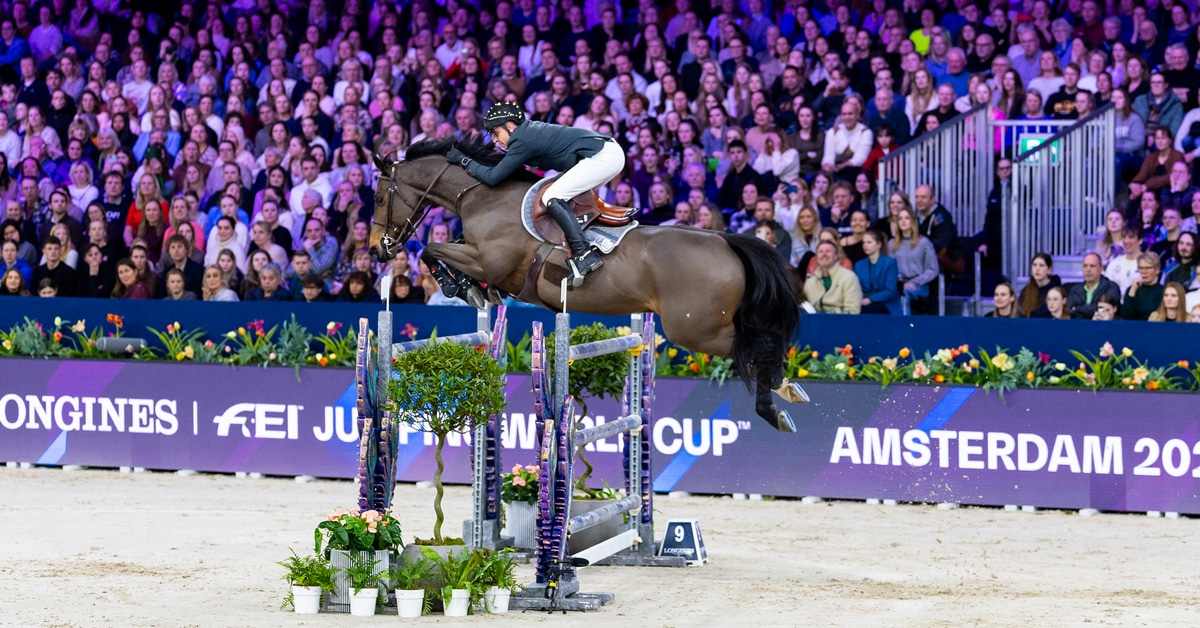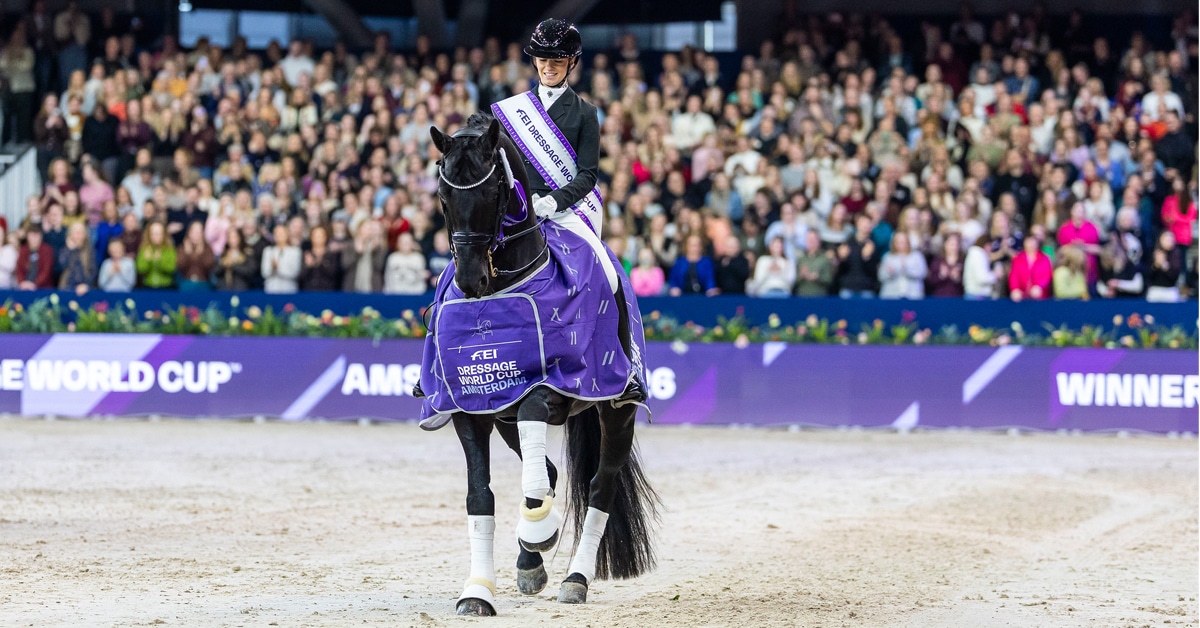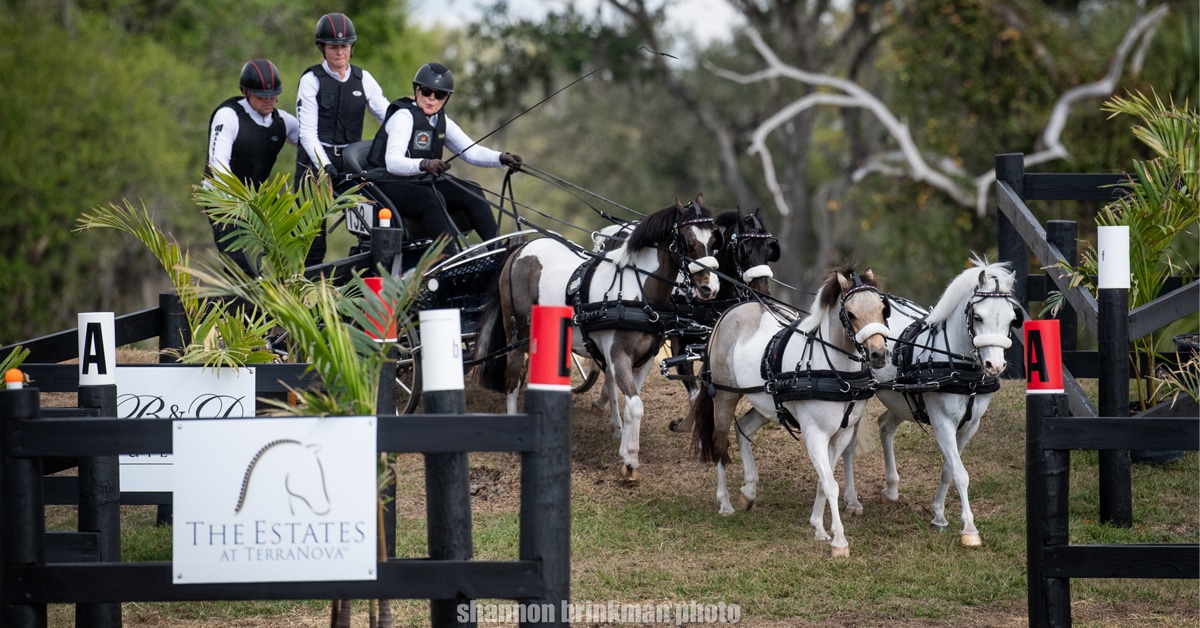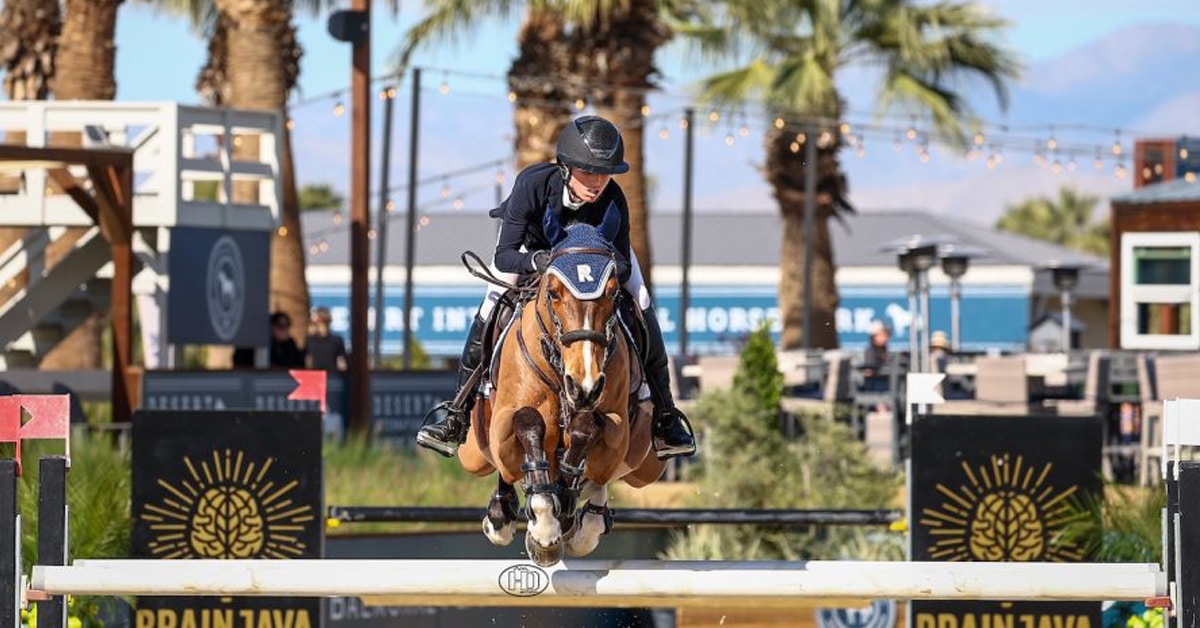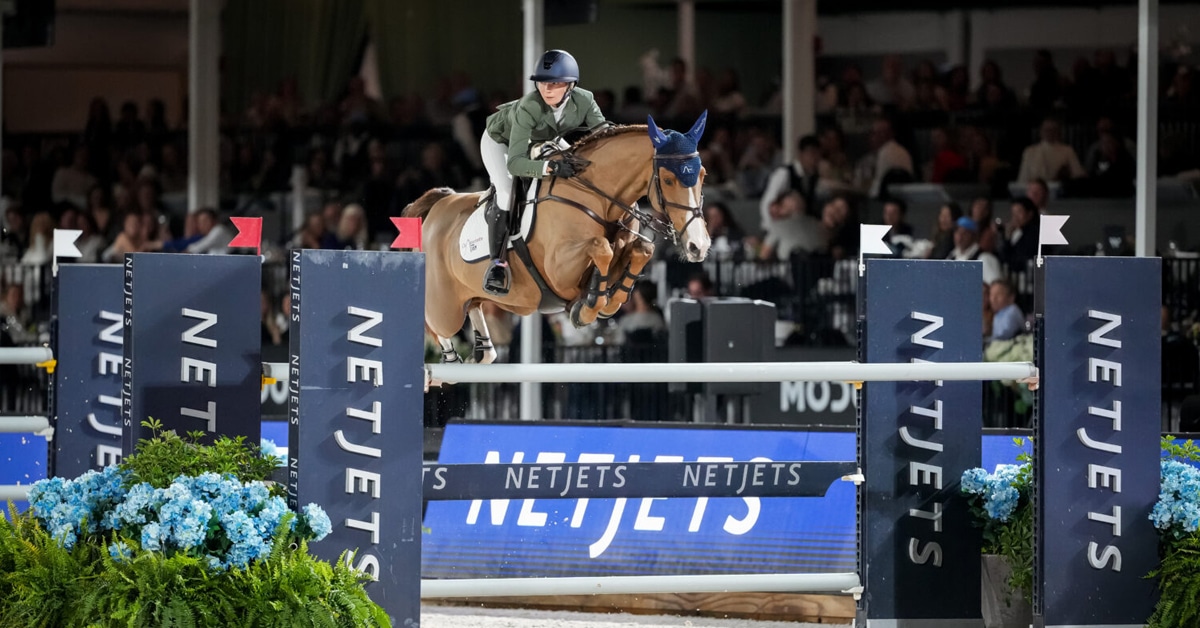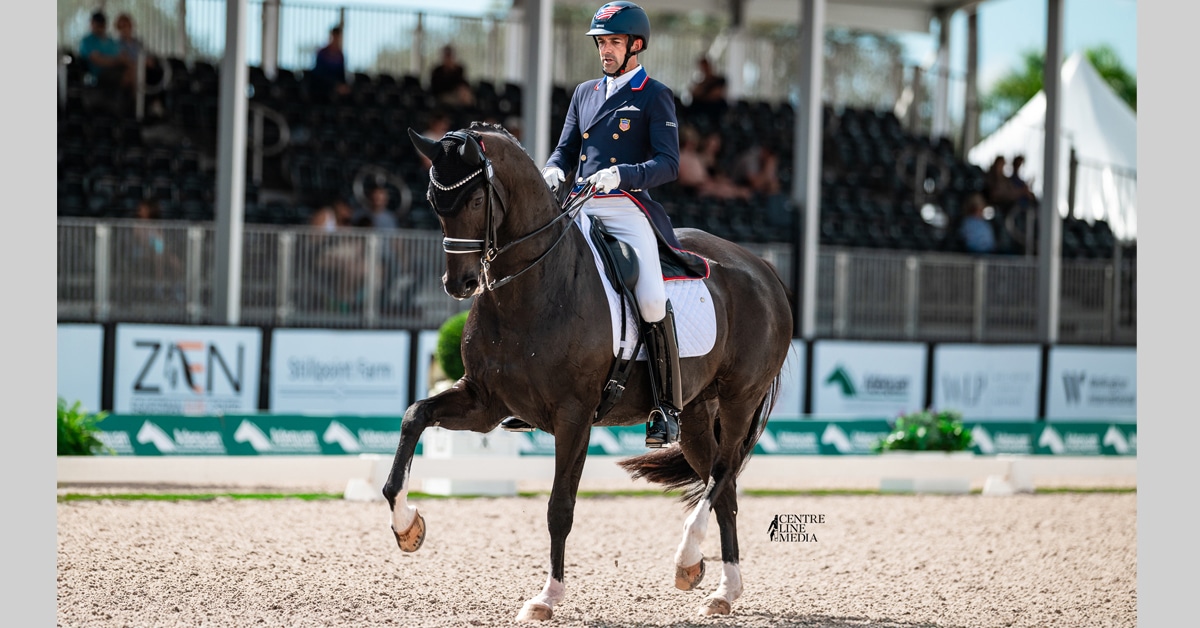Horses may not be “intimidated by any kind of electric shock device” or the “hooting” of cars, the latter a feature of the accompanying motorcade at desert rides.
It is “strictly forbidden to drag and pull horses by the tail to stimulate them to walk” or to “twitch the horse’s skin or grab his ear at any time during the ride” – the latter a widely used technique to hasten a reduction in heart rate prior to metabolic checks at vet gates.
Unauthorized assistance is often seen in the closing stages of a race, with grooms running onto the field of play to chase and strike tiring horses. Under new special rule President’s Cup riders were warned not use electric shock devices to intimidate horses or beat them with “wire” in an astonishing list of extra rules for the big 160km endurance race at Al Wathba, Abu Dhabi.
The rules, published by the UAE Equestrian and Racing Federation, reflect some of the incidents captured on the livestream by the Clean Endurance community in recent years. However, the list also addresses types of abuse which have been suspected, but for which evidence is as yet uncorroborated.
The circular bars the 319 starters from beating horses “with a whip, rein, a wire, kicking with leg etc (or beat the horse with anything)” or “with plastic water bottles” [slosh bottles]. The President’s Cup forbids “giving water or any kind of assistance to horses or riders from inside the cars,” “all kinds of support for horses and riders in the last 2 km to the finish line.”
Any person including crew members and drivers must “please avoid any act amounting to obstruction/ intimidation of a competition horse or rider; such acts will be severely dealt with.”
This is the first time the world’s toughest desert race has been staged under UAE national rules. Last year the UAE actively opposed many of the FEI’s tougher endurance measures came into effect on January 1st. To avoid the FEI scrutiny the UAE has run most of its longer distance events as CEN (national) rides this season.
The extra rules for the President’s Cup address some welfare concerns but by-pass the speed reduction measures at the heart of the FEI’s latest endurance reforms.
The likelihood of enforcement seems small. Similar offences have rarely been sanctioned at desert races staged under FEI rules. In several recent disciplinary decisions over alleged abuse that were protested by members of the public, the FEI Tribunal stressed its concerns about FEI officials who failed to act on the day.
While the FEI has no jurisdiction over CENs, a FEI spokesman told Horse Sport it was taking steps to ensure that CEN criteria – which strictly limits the number of visiting countries who may participate – were met.
On the livestream, it could be seen that ineligible grooms persons were handling horses in the cooling areas. With a minimum rider weight of 60kg (compared with 70kg under FEI rules) overall speeds were high. Layla alRedha won on Jig Malambo for the home Al Wathba stables with an average speed over 160km of 26.4 kph and a final loop speed of 30.8kph.
More News
